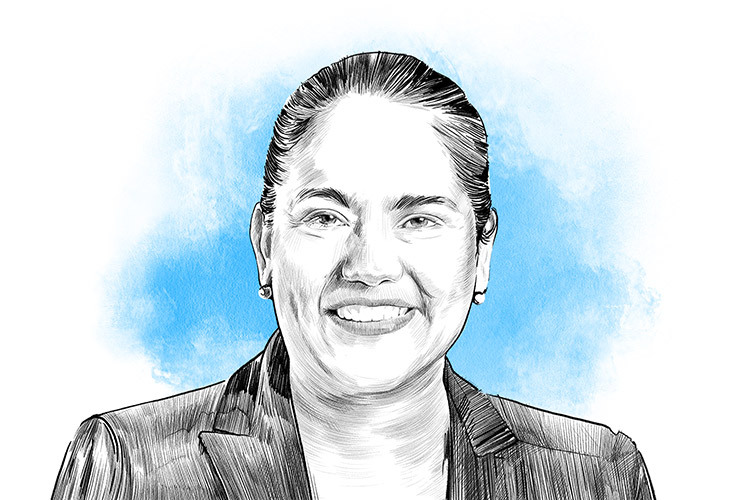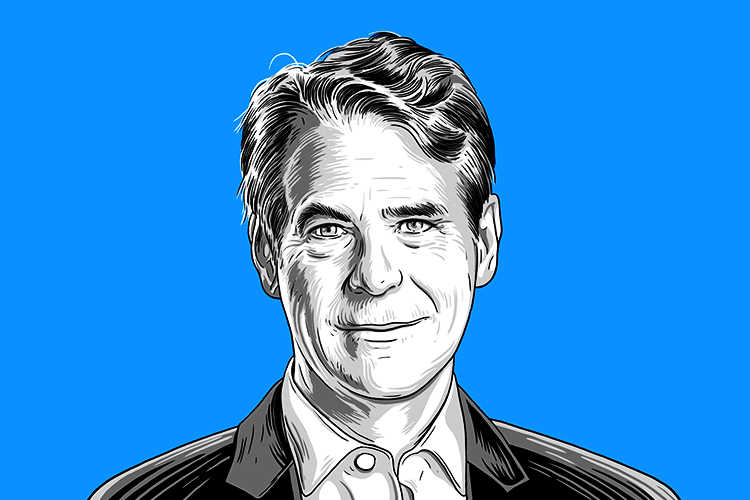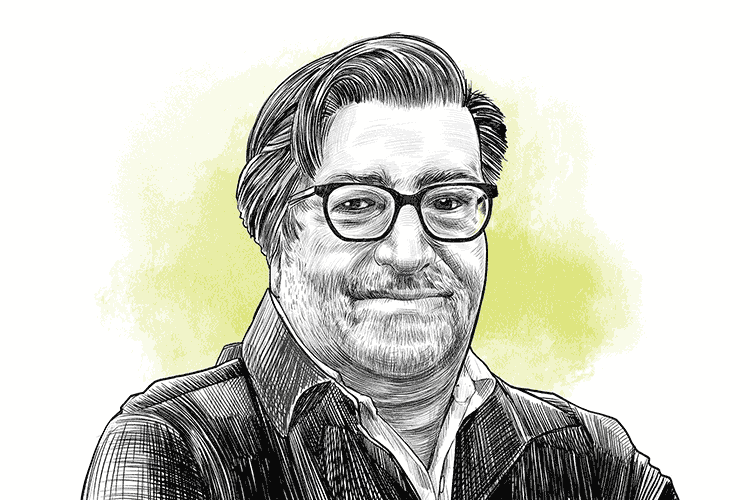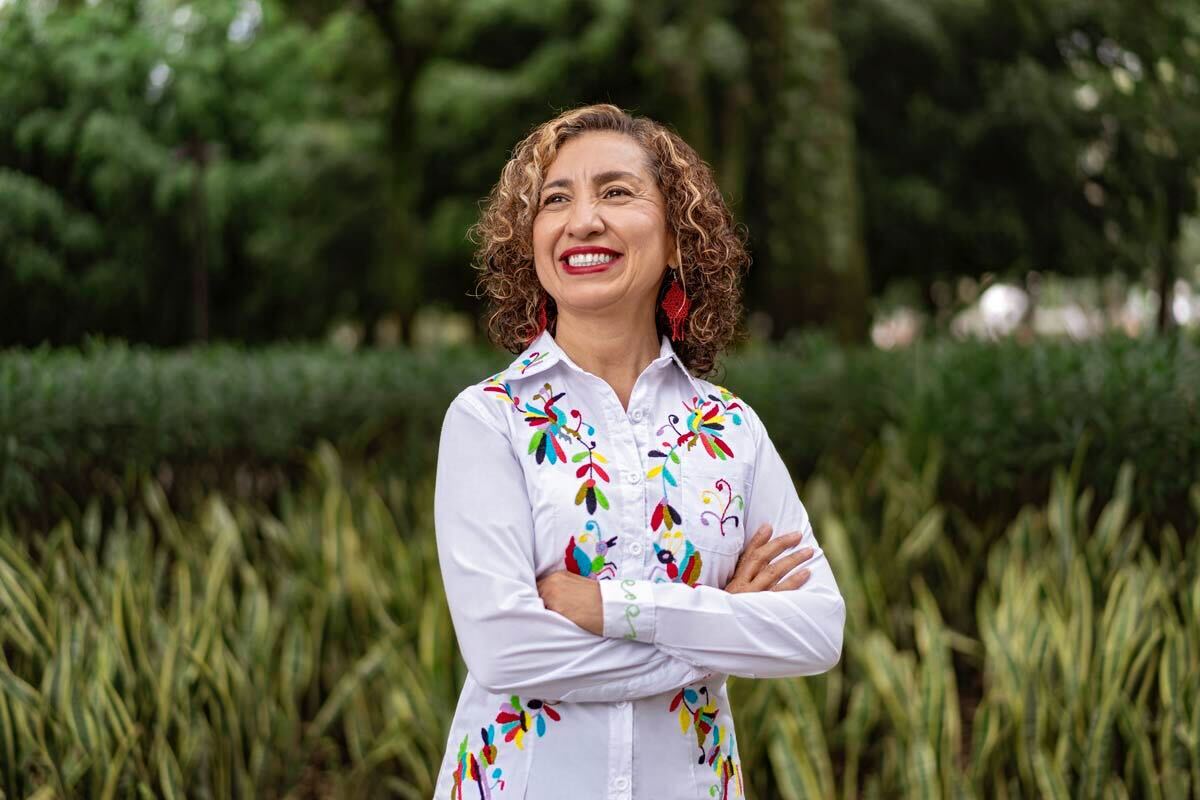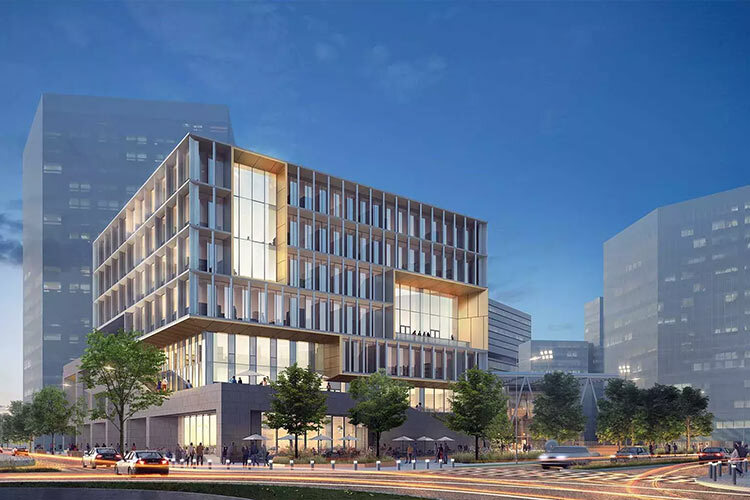By María Soledad Ramírez Montoya
Talking about open science is like contemplating the endless horizon of the universe. Scientific data provide a universe of possibilities for everyone to construct new strategies, ideas, and projects. They’re like a magic carpet ride into an infinite sky whose stars and constellations allow us to discern the light of opportunities for creation and growth.
More than a specific area, open science involves a movement and practices in which knowledge, data, and scientific evidence converge, opening large windows of learning that are free and available to all. These open windows help all communities, not just scientific ones, to collaborate and share information that enables knowledge to grow and provide society with solutions.
There are big challenges to this movement, as it contemplates opening up knowledge by making scientific data publicly available, in the same way that open source (software and hardware) can be used, reused, and modified. It also involves having open infrastructure such as institutional repositories, those platforms that help us make scientific and academic production freely available to everyone.
What’s more, this science entails practices that are not yet that common, although I trust that we shall see them more often in the near future. These involve opening up research projects, for example, in which the projects, data, processes, and strategies are available to everyone; research being evaluated transparently and participatively; and society constructing knowledge among everyone, generating “citizen science” that has a say in the building of solutions to shared issues; as well as scientific practice for everyone, regardless of gender, age, ethnic origin, or abilities.
In this universe of possibilities, in which movements and practices open windows on learning for everyone, we can recognize the lights of different stakeholders and areas of expertise. If we look at it from the perspective of an infinite universe, we find the lights of those who make it possible to open up knowledge. Of course, we find the researchers who are seeking to generate knowledge, as well as the directors who are paving the way to support them on their quest. Also in this constellation are the teachers and communities who help provide everyone with cross-cutting education for collaboration and ethics in science. There are key stakeholders whose technological, digital, and legal wisdom makes it possible to open these windows of knowledge for everyone, such as computer experts, engineers, librarians, editors, financiers, public officials, decision-makers, and society as a whole.
These movements, practices, knowledge, and assorted stakeholders call us to the big challenge of constructing a “culture of open science” together. A culture that requires the ability to open up learning to everyone, ideas that help us scale the infinite heights provided by sharing knowledge freely, recognizing these attitudes through our shared efforts. The culture of open science will lead us to broaden that universe of possibilities, that magic carpet ride toward the solutions our society needs, toward that endless space in the universe where the lights allow us to create and grow together.
